The European Astro Pi Challenge is back for 2018/2019
Ever wanted to run your own experiment in space? Then you’re in luck! ESA Education, in collaboration with the Raspberry Pi Foundation, is pleased to announce the launch of the 2018/2019 European Astro Pi Challenge!
In this challenge, we offer students and young people the amazing opportunity to conduct scientific investigations in space by writing computer programs that run on Astro Pis — special Raspberry Pi computers aboard the International Space Station (ISS).
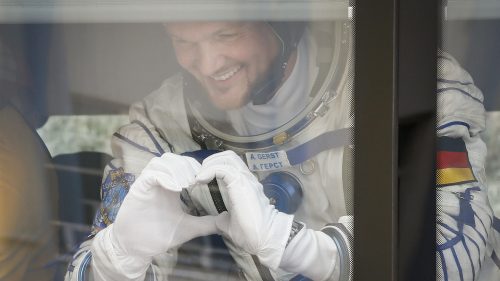
ESA astronaut Alexander Gerst and CSA astronaut David Saint-Jacques are the Challenge’s ambassadors. They will accompany our Astro Pis on the ISS and oversee your programs while these run and collect scientific data.
Two missions are part of the Astro Pi Challenge: Mission Zero and Mission Space Lab.
Mission Space Lab opens today!
If you are 19 or younger and live in an ESA Member or Associate Member State*, we invite you to form a team with at least one friend of yours and apply to the Astro Pi Challenge’s Mission Space Lab by sending us your experiment idea by the end of October. We can’t wait to see your ideas!
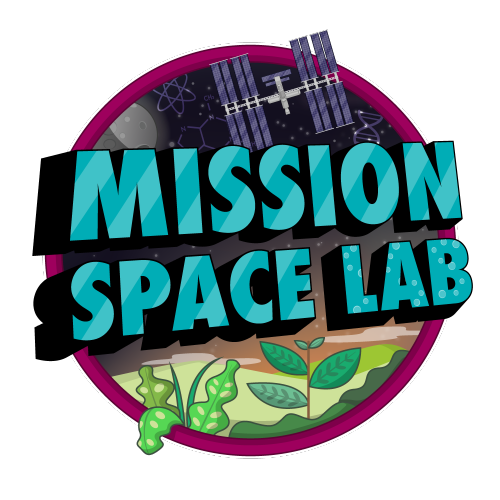
Mission Space Lab gives you the chance to have your scientific experiment run on the ISS. Your challenge is to design and code an experiment using the environmental sensors and cameras of the Astro Pi computers, called Ed and Izzy, aboard the ISS.
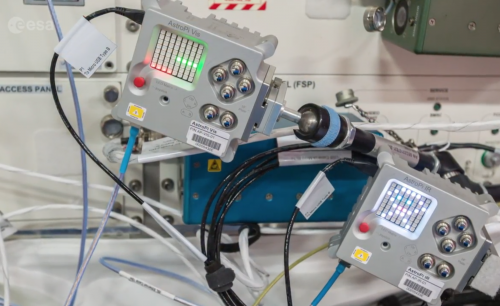
You can choose between two themes for your experiment: Life in space and Life on Earth. If you pick the ‘Life on Earth’ theme, you’ll use the Astro Pi computer Izzy, fitted with a near-infrared camera facing out of an ISS window, to study the Earth. For ‘Life in space’, you’ll use the Astro Pi computer Ed, which is equipped with a camera for light sensing, and investigate life inside the Columbus module of the ISS. The best experiments will be deployed on the ISS, and you’ll have the opportunity to analyse your experimental data to write a report with your results. The ten teams who send us the best reports will become the Astro Pi Mission Space Lab 2018/2019 winners!
There are four phases to Mission Space Lab:
- Phase 1 – Design (until end of October 2018)
- Come up with an idea for your experiment
- Phase 2 – Create (November 2018 to March 2019)
- Code your program and test your experiment on Earth
- Phase 3 – Deploy (April 2019)
- Your program is deployed on the ISS
- Phase 4 – Analyse (May 2019)
- Use the data from your experiment to write your report
In the first phase, Design, you just need an idea for an experiment. You won’t need to do any coding yet, but you should think about how you might write the program for your experiment to make sure your goal is achievable. Have a look at our Astro Pi Mission Space Lab guidelines for everything you need to know to take part the challenge. Your deadline to register and submit your idea via the Astro Pi website is 29 October 2018.
We will select teams and notify them of their acceptance to Phase 2 of Mission Space Lab by mid-November 2018.
Mission Zero — open soon
Mission Zero, the simpler level of the Astro Pi Challenge, also offers you the chance to have something you’ve coded run on the ISS, in the form of a simple program that displays a message to the astronauts on-board. For this mission, you don’t need special equipment and you can be a complete beginner at coding; if your entry follows a few simple rules, it’s guaranteed to run in space!
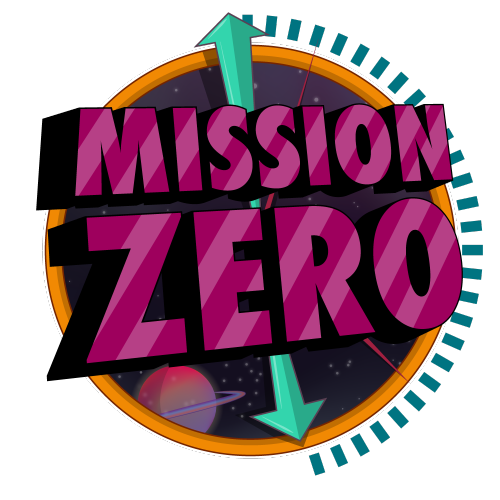
If you are 14 or younger and live in an ESA Member or Associate Member State*, we would like you to take part in Mission Zero. You can submit your program from 29 October 2018 onward. For more details, head to the Mission Zero page.
Find out more about the Astro Pi Challenge
*ESA Member States in 2018:
Austria, Belgium, Czech Republic, Denmark, Estonia, Finland, France, Germany, Greece, Hungary, Ireland, Italy, Luxembourg, the Netherlands, Norway, Poland, Portugal, Romania, Spain, Sweden, Switzerland, United Kingdom.
ESA Associate States in 2018: Canada, Slovenia
In the framework of the current collaboration agreement between ESA and the Republic of Malta, teams from Malta can also participate in the European Astro Pi Challenge. ESA will also accept entries from primary or secondary schools located outside an ESA Member or Associate State only if such schools are officially authorised and/or certified by the official Education authorities of an ESA Member or Associate State (for instance, French school outside Europe officially recognised by the French Ministry of Education or delegated authority).

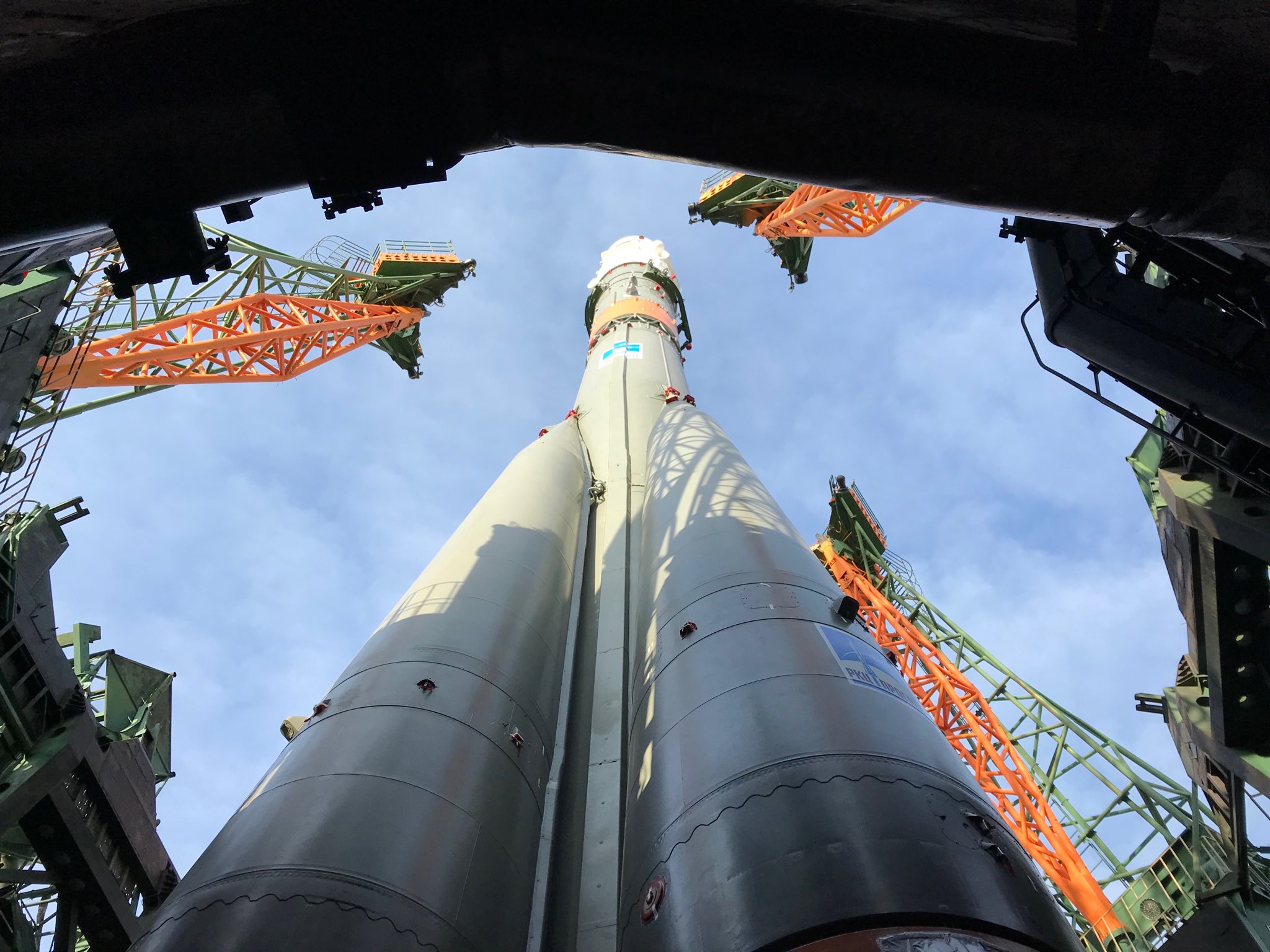
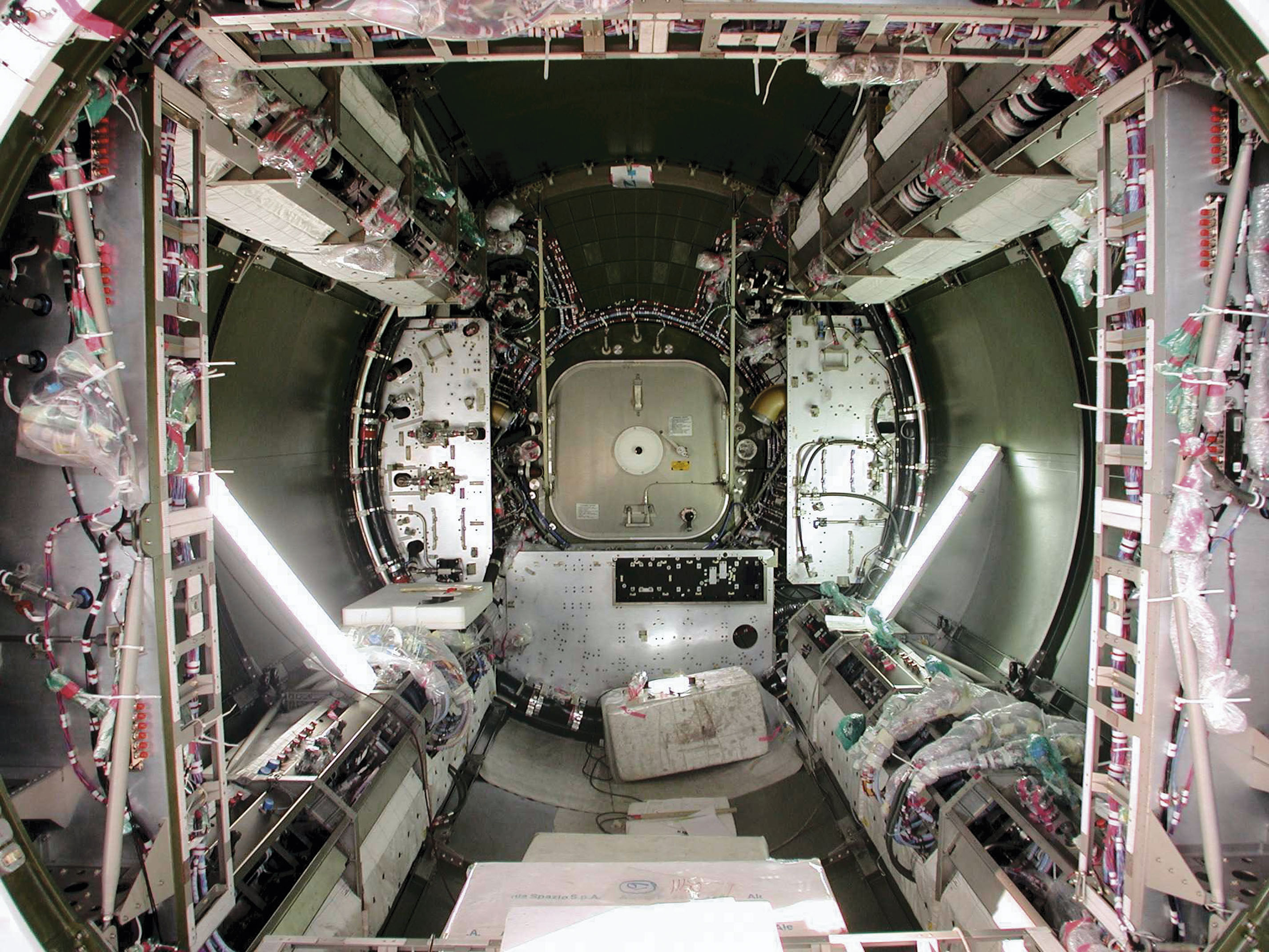
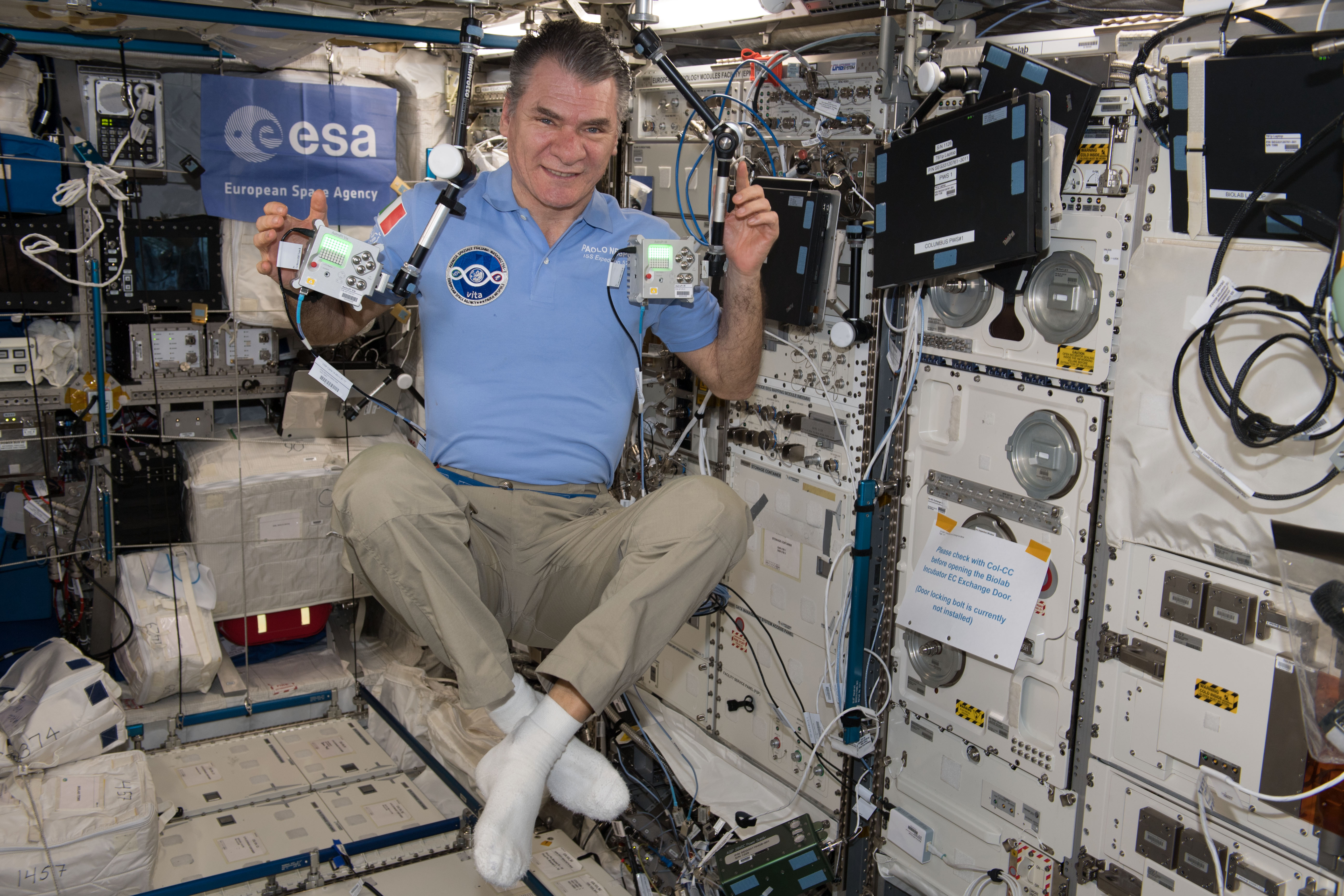



14 comments
Matthew Adcock
Do you have to do the challenge as part of a club or school?
Erin Brindley — post author
Hi Matthew,
Team members need to be enrolled in a school located in an eligible country or member of a club or after-school group. Check out the guidelines for full details: rpf.io/mslguidelines
luke estby
How long do you have to wait to get your information reported back to you? Also is it 100% free for everyone?
Erin Brindley — post author
Hi Luke, You will receive your data back in May and will then have around a month to write your report. It is 100% free to take part and if you are successful in reaching Phase Two, your team or club will receive a free Astro Pi kit to help you design your experiment.
chauhan kiran
heloo i am from india i take part this compiutation??
Erin Brindley — post author
Unfortunately the challenge is only open to ESA member and associate member states this year.
Lucy Gaen
Hi do universities count as schools? Quite a few first year students are 19 or under
Erin Brindley — post author
Hi Lucy,
Team members must be on of the following:
-Enrolled full-time in a primary or secondary school located in an
ESA Member/Associate Member State, or a state with a special
collaboration agreement with ESA
-Home-schooled (certified by the National Ministry of Education or
delegated authority in an ESA Member or Associate Member State)
-A member of a club or after-school group, such as Code Club,
CoderDojo, or Scouts
Check out the guidelines for full details : http://rpf.io/mslguidelines
Antonis Hadjiantonis
Can team members from Cyprus participate? Cyprus is an Cooperating State to ESA , currently under PECS programme https://www.esa.int/About_Us/Welcome_to_ESA/Cyprus_becomes_11th_ESA_European_Cooperating_State
Raspberry Pi Staff Janina Ander
Unfortunately, teams made of only members from Cooperating States can’t participate in ESA Education programmes. However, only 50% of your team needs to be made up of people from ESA Member/Associate Member countries, so you could try to find some international friends to work with!
James
Chertsey radio club is running sessions, we could help pair you up with UK children as part of a virtual team
Twitter @chertseyrc email chertseyradioclub@hotmail.com
Thanks
James.
geekkid
Could Brexit affect this? Don’t want to disappoint any children unnecessarily
Alex Bate
Don’t worry, we’re leaving the EU, not Europe.
Raspberry Pi Staff Liz Upton
…which would require a much bigger sail than anybody currently has.